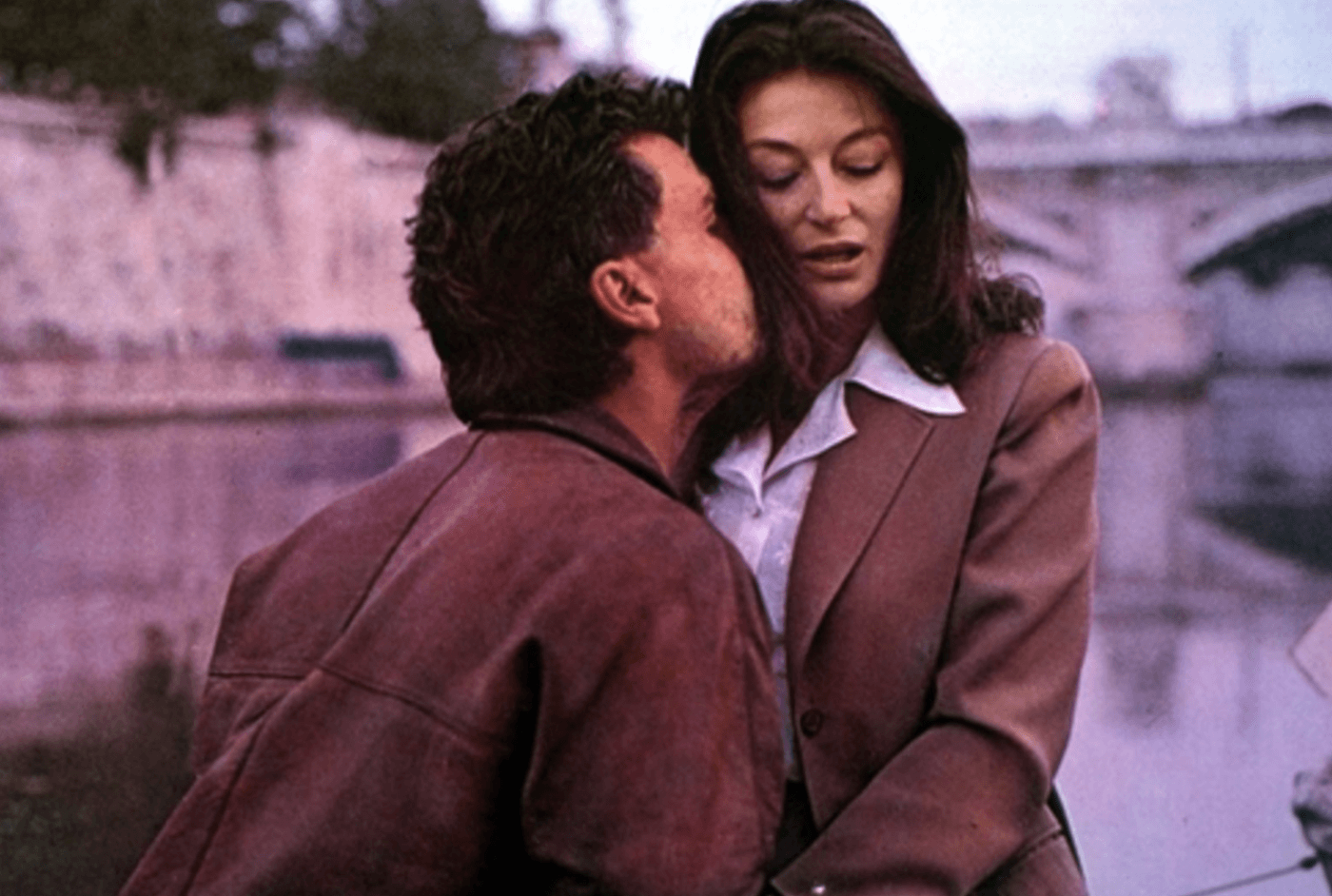At the threshold of the 1980s, Bellocchio’s cinema began to transform and explore domestic universes seeking a more allusive and restless key. History with a capital initial thus becomes a difficult object to understand from Leap into the Void. The challenge of previous decades, launched against specific objectives, this time gives way to the tragic awareness of the impossibility of leaving internal spaces: the domestic walls seem to guard a maze of oppressive relationships. Outdoors and public places seem closed to the characters: a sister who suddenly discovers how to get out has everything to fear. In fact, Marta takes care of Mauro, her magistrate brother, like a mother towards a son, who is also protective and jealous. It is complicated to escape from the system of corridors and walls that make up the structure in which much of the plot takes place, if not by tackling that “leap into the void” declared by the title: that is, suicide, through the only and desperate path permitted by inability to find alternative solutions. This extreme film of the Bellocchio crisis is actually a mirror of the time: in Italy the crime of the president of the Christian Democrats, Aldo Moro, has thrown society into a state of profound confusion and the demand for a different and open world now seems to have faded. Locking yourself away in private, succumbing to suicidal and homicidal impulses or looking for accomplices to carry out the silent crime are all forms of a perverse plan that balances “crime and punishment.” Mauro only has to orchestrate Marta’s suicide, through the involuntary help of a convicted actor, whose surname Sciabola sounds like a cold weapon. Mauro and Marta, by assonance, are in turn phonetic variants of the surname Moro and the director’s name, Marco, struggling with a parental hell where the suffocating mix makes the interior and exterior inseparable. The theme of fraternal suicide and the Moro case will therefore return in the subsequent Gli occhi, la bianca and Marx can wait, then in Buongiorno, notte, and Esterno notte. — Anton Giulio Mancino
In Italian with English subtitles
